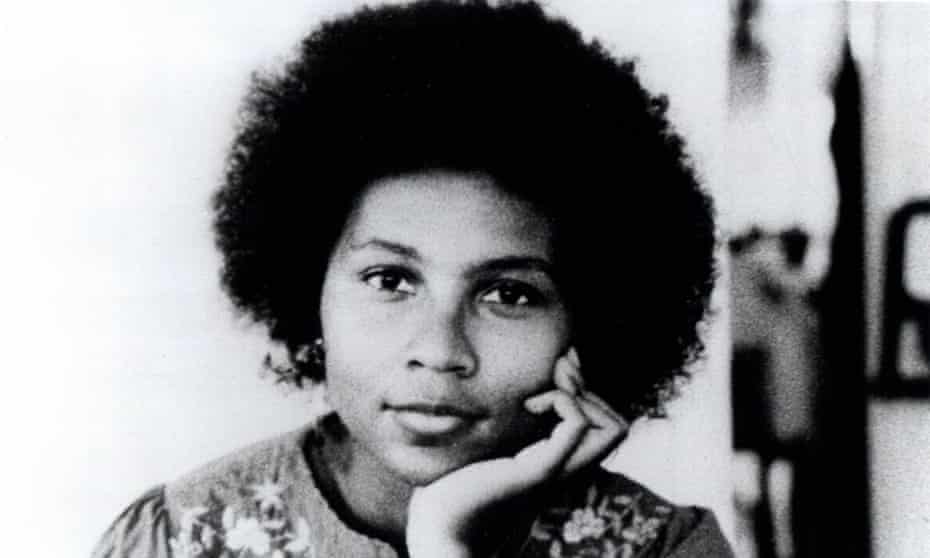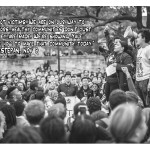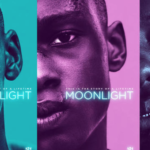
Why do Black people die early? Last year, the Marshall Project reported that Black Americans—at nearly every age—die at higher rates than their white counterparts. Lorraine Hansberry, 34. Martin Luther King Jr., 39. James Baldwin, 63. Google their names and so many of their pictures appear in black-and-white. Much of Blackness is prematurely historicized, but these weren’t merely our ancestors.
Famous pictures of bell hooks exist in the same space of the past, but only two months have passed since she died. hooks wasn’t a mother in the most conventional sense, and yet she taught us about love through her own labor: her scholarship. One of her essays, “Love as the Practice of Freedom”, calls for a love ethic that isn’t self-centered in order to achieve freedom from oppression. She writes:
Many of us are motivated to move against domination solely when we feel our self-interest directly threatened. Often, then, the longing is not for a collective transformation of society, an end to politics of dominations, but rather simply for an end to what we feel is hurting us.
hooks knew that the revolution requires love, but oftentimes that love was limited. Early second-wave feminist movements left out Black women and lesbians. The Black Power movement preached the fundamentally misogynistic and heteronormative practices that still exist in the Black community today. How could those that came before us fight for liberation and still fall short of it?
Because the collective wasn’t in mind. To fight for collective freedom is to lead with love, and what is love if it does not center the experiences of those most marginalized?
hooks understood love to be inherently intersectional and anti-capitalist. “Without an ethic of love shaping the direction of our political vision and our radical aspirations, we are often seduced, in one way or the other, into continued allegiance to systems of domination—imperialism, sexism, racism [and] classism,” she said. A love ethic that we have yet to see manifest on the world stage is modeled daily by our grandmothers, mothers, sisters, and found family.
My grandmother is the same age as bell hooks when she passed away. When I learned the news, I hugged my grandmother a little tighter. Like hooks, she embodies love. She tutors my little sisters in multiplication while my mom works. She drives my great aunt to her doctor’s appointments. My grandma is a mother of one but caretaker of many. Her love is selfless.
In All About Love: New Visions, hooks writes, “Love is an act of will–namely, both an intention and an action… We do not have to love. We choose to love.” Each new day, my grandma chooses to love our family. Her caring spirit is the glue that holds our family and extended family together. It is a way of living that leads with compassion, and meets people where they are. We look to grandparents and guardians, found family members, and hooks, in our efforts to love selflessly—beyond our homes and geographical boundaries. Only then can we realize freedom.
Zaporah Price’ 23

